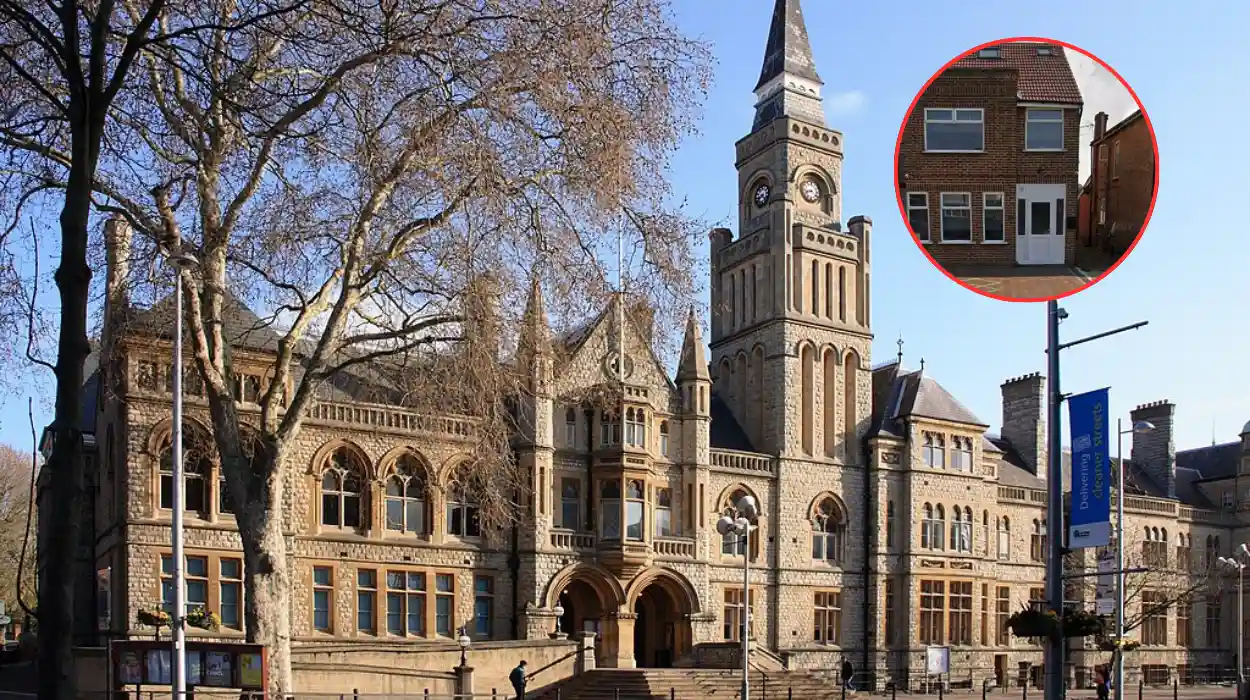Ealing (Parliament Politics Magazine) – A West London family home in Ealing will be converted into an HMO despite receiving over 100 objections from residents concerned about local impact and density.
Although the council claims there are no limits on the concentration of these homes, the planning application was accepted despite residents’ complaints about the excessive number of HMOs in Perivale.
In a second application for a house conversion last month, a planning official at Ealing Council acknowledged the large number of HMOs in Perivale and sought to accommodate 11 tenants in a 6-bedroom HMO. In May 2025, this application was later denied.
At the time, the officer said:
“There is a high concentration of HMOs in Perivale (325 recorded), with associated concerns regarding amenity, waste management, parking, and community infrastructure pressures.”
However, as this Wyresdale Crescent property only has five bedrooms and is intended for single renters, the planning officers were not as concerned.
The officer said in the report that there is
“no planning policy restricting overconcentration of HMO in residential areas and therefore this cannot form a direct reason of refusal”.
Later, the planning officer recommended that the application be granted, stating that the proposed development is “not expected to cause unacceptable amenity impact on the neighbouring properties.”
Ealing Council predicted that there were more than 8,300 HMOs in the borough as of September 2024. Residents of Perivale rallied outside Ealing Council two months prior in July to express their disapproval of “the proliferation of HMOs.”
Residents at the time told the Local Democracy Reporting Service [LDRS] that they were afraid their neighborhoods were being turned into “rental farms” due to the “greed of opportunistic landlords” and a council that had “little transparency.”
HMOs are crucial for “reducing pressure on other elements of housing stock,” according to the Ealing Council. The council implemented Article 4 Directions (A4D) in October 2024, requiring landlords to secure planning approval for HMOs.
The A4D was mentioned by one of the opponents as justification for rejecting what they perceive to be a “saturation” of HMOs in the region. But before this regulation was applied to new HMOs, the property was granted an HMO license.
Although every bedroom satisfies the basic requirements set forth by the Ealing Council’s HMO licensing regulations, there were further worries about the possibility of subpar living conditions within the home.
According to the planning officer, “the issue is largely related to actions of the individuals involved, rather than necessarily the type of accommodation they would live in” in response to complaints of antisocial behavior.
Conditions pertaining to household garbage and bicycle parking spaces have been enforced by the council on the planning license. Future tenants must have many bike parking spots and a safe trash place provided by the landlord.
How will the new planning rules affect future HMO conversions in Ealing?
In order to better evaluate and control the impact on nearby communities, landlords are now need to apply for planning approval before turning family houses into small HMOs.
The regulations seek to address problems including loudness, waste, antisocial behavior, and neighborhood safety hazards that are associated with poorly run HMOs.
On October 30, 2024, the Article 4 Direction went into effect immediately in the Perivale ward. By November 14, 2025, it will have been expanded to include the majority of the borough, with the exception of the Perivale and OPDC sectors.
These regulations primarily target smaller HMOs because larger HMOs (those with more than six residents) already need planning clearance.
The council stresses that affordable, high-quality HMOs are still crucial for the supply of housing, but the new regulations aim to prevent the unbridled expansion of troublesome HMOs.


